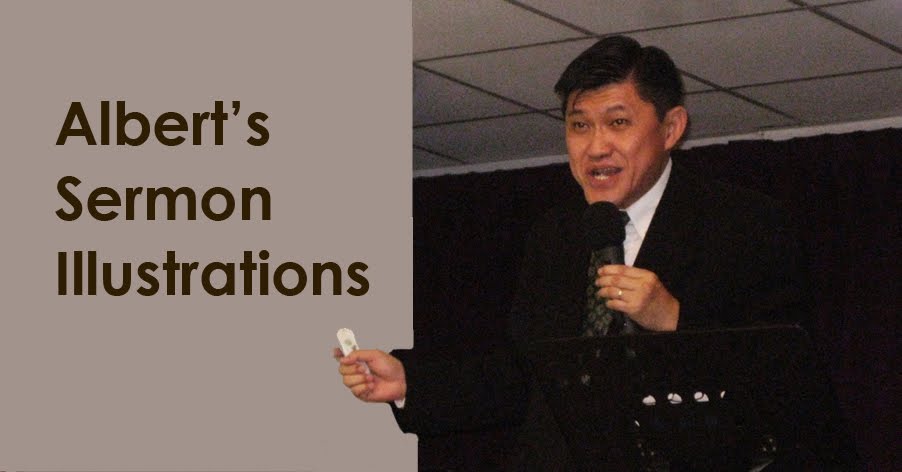 |
| Earl Woods, the father of Tiger Woods, with a photo taken with his good friend, Colonel Tiger Phong. |
J. Michael Shannon
-------------------------
Here is the story in detail,
On the last day of 1975, the day after Eldrick Woods was born, Tiger Woods was born when his father gazed into a maternity glass and saw both the future and the past.
"Don't worry, Woody," Colonel Phong told Earl in a hushed voice, "I've never lost an advisor yet."
"'I'm glad to hear it, Tiger," he whispered back, "but I damn sure don't want to be the first one."
Tiger Phong and Earl Woods were deep in Vietcong country, exactly where, only Phong knew. The two-jeep caravan of the two light colonels from Phan Thiet was a familiar convoy throughout Binh Thuan Province, where Phong was the Deputy Province Chief for the Army of the Republic of Vietnam (ARVN) and Woods was more than just his U.S. advisor.
The Americans were pulling out. "I got to go," their commander said. Phong's troops were supposed to take over the fire base, but they were overdue. It was sort of a preview of the coming years.
"That's all right, we can defend it ourselves," Phong asserted.
"What?" Woods said.
"You take this cover, I'll take that. My driver can man the third flank, your driver the fourth."
"Tiger, this is ridiculous."
Phong smiled at his friend. Yes, war is certainly ridiculous.
Before taking his position, Woods retrieved an M-79 grenade-launcher from the jeep and set it down in a row with his M-16 rifle and .45-caliber pistol. For three hours, he sweated.
When the ARVN forces eventually showed up and Colonel Phong finished grinding their captain into a fine dry powder, Woods radioed for a helicopter.
The chopper hadn't flown 50 yards before they were under fire. The VC had been there all along. "Wham, wham, wham, wham, wham!" The rounds shot up through the floor of the helicopter directly between the two colonels. As they twirled out of range, Woods said, "Tiger, you crazy son of a bitch." Colonel Phong just laughed.
Later they had a drink in Earl's quarters, "The Blue Room," their mission central and private retreat. More than one drink. It was Phong who had organized the preposterous paint job -- ceiling included -- that gave the room its identity. It was Woods who nicknamed him "Tiger," an expression of admiration but also irony.
Not all of the South Vietnamese soldiers could be called tigers.
The two were closer than friends, brothers. When they weren't fighting side by side, they were playing tennis or tricks. Woods schooled Phong on the rudiments of jazz; Phong gave Woods philosophy. They laughed a tremendous lot, lest they cry a tremendous lot.
But this was a quiet night. Aretha Franklin was singing on the record player. Phong was retelling his dream of being a schoolteacher someday -- he looked like a schoolteacher already. The thing he wished most for his children was just an absence of helicopters.
Woods was thinking of that afternoon in the artillery field: When the Americans left, the Communists should have stormed. Why didn't they? He should be dead. Why wasn't he? Then, and forever, he told himself over and over, "There has to be a reason."
(Tom Callahan)

No comments:
Post a Comment